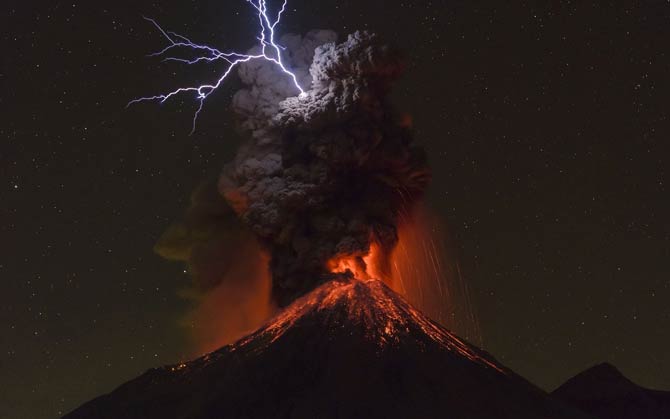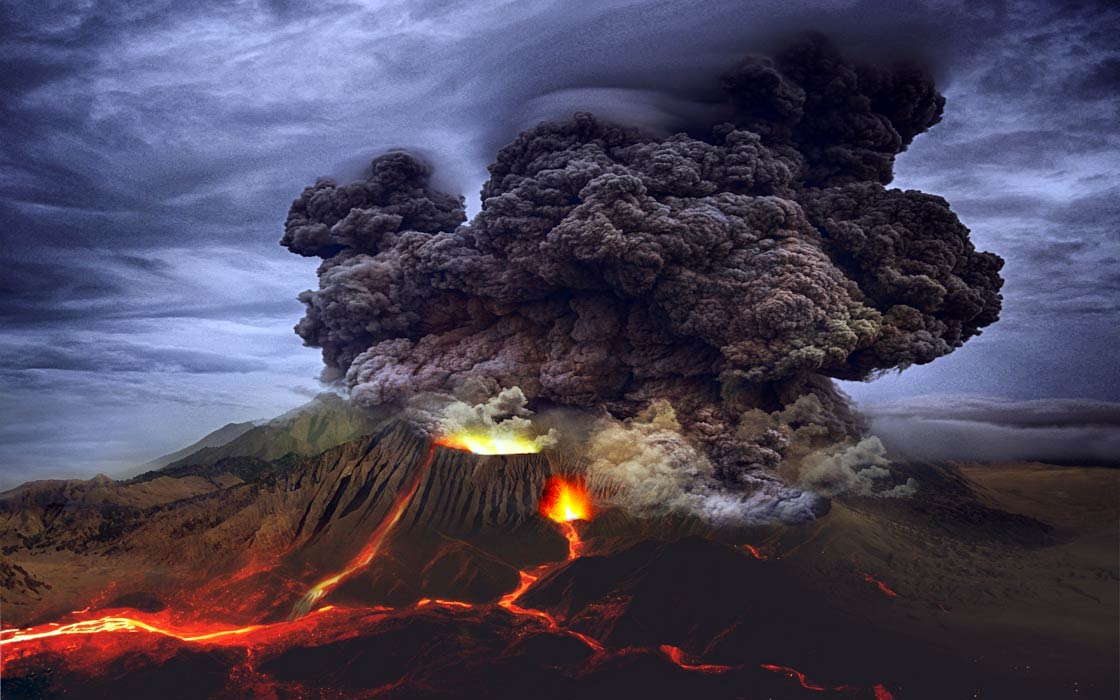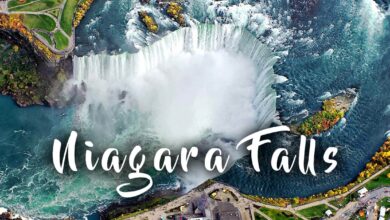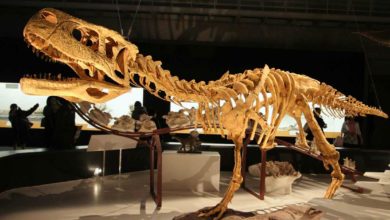What did volcanoes give us?
When Vesuvius erupted in 79 AD, it led to the complete destruction of six Roman cities. Vesuvius itself is still active today, and its activity from time to time causes damage and fatal accidents. But did the destruction of ancient Pompeii deter people? Not at all – the area around the volcano is inhabited by thousands of people. Why don’t they run away?
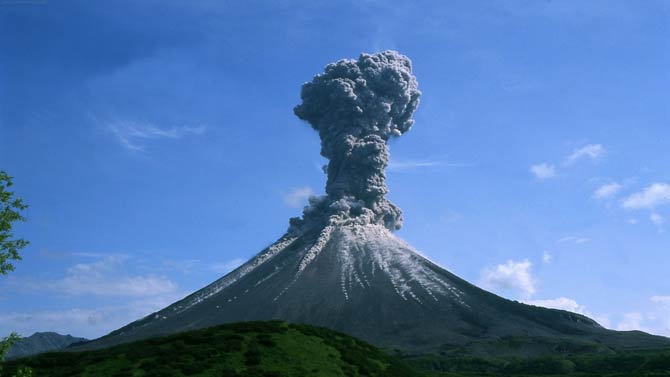
The importance of volcanoes
Volcanoes have had a tremendous impact on the Earth many times throughout its history – this applies to both the landscape and the world of living organisms. Strong volcanic activity has probably led to mass extinctions; even a single volcano can destroy life not far away, and strongly affect plants and animals living even thousands of kilometers away.
Today, in the conditions of developed technical civilization, volcanic eruptions give us even more pain. On the other hand, they bring us many benefits, of which we are usually not aware.
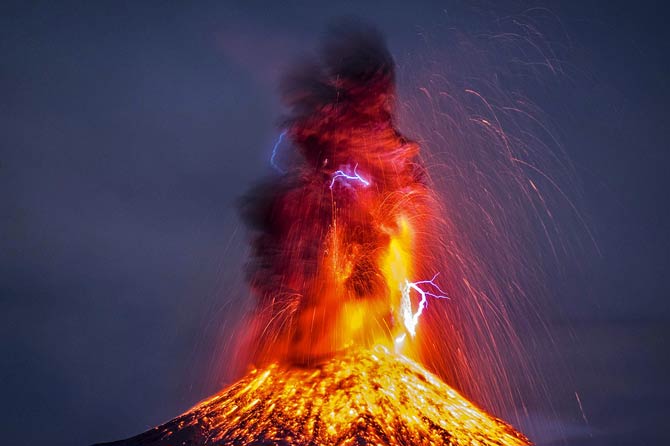
Why is volcanic ash a threat?
To understand why volcanoes affect living organisms so strongly, it is necessary to learn more about what pyroclastic materials actually are. The easiest way to say is that these are lava fragments, as well as rocks torn out of the ground. Pyroclastic materials are divided into many types.
The most significant on a global scale is the influence of volcanic ash. Contrary to its name, it has nothing to do with the product of combustion of anything – it is made of the tiniest rock fragments, hard and very sharp.
Volcanic ash is dangerous as long as it remains in the air. The wind can carry it up to thousands of kilometers. It easily enters the interior of devices, clogging and spoiling them. For this reason, volcanic activity is a great threat, especially for aviation. Volcanic ash absorbs moisture very easily, and therefore its weight increases. Therefore, rainfall after a volcanic eruption often leads to, for example, the collapse of houses covered with ash.
Volcanic ash in the air is also dangerous to living organisms. Its large amounts settling on plants can lead to internal hemorrhages of herbivores, as rock particles injure the digestive tract. When inhaled, it leads to suffocation, obstructing the respiratory tract.
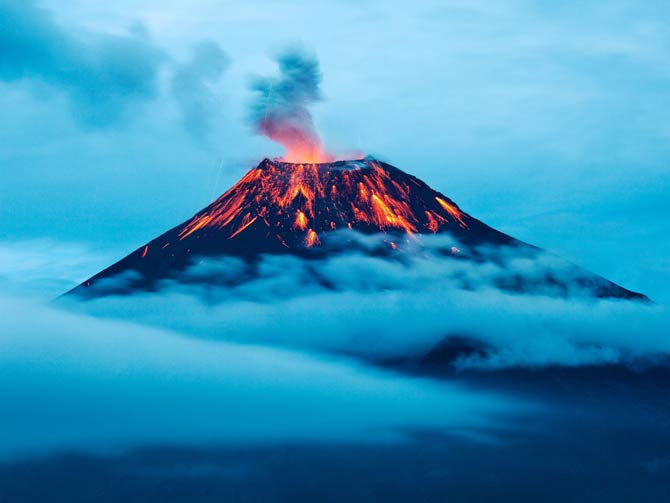
The benefits of volcanic ash
The same properties of volcanic ash (as well as other pyroclastic materials) make its presence beneficial. It contains huge amounts of elements such as potassium, calcium and magnesium, which are essential for the growth and development of organisms. It also contains admixtures of trace elements, e.g. selenium, cadmium or cobalt. As it absorbs moisture, it positively influences the growth of plants in water-poor regions. Due to its heavy weight, it is not washed away by groundwater and rainwater.
Moreover, the pyroclastic material has an excellent influence on the growth and development of organisms. Its presence causes increased activity of soil bacteria. Thus, the amount of caries increases. The supply of elements increased by volcanic ash makes plants grow faster, and their shoots are stiffer and more resistant to unfavorable weather conditions.
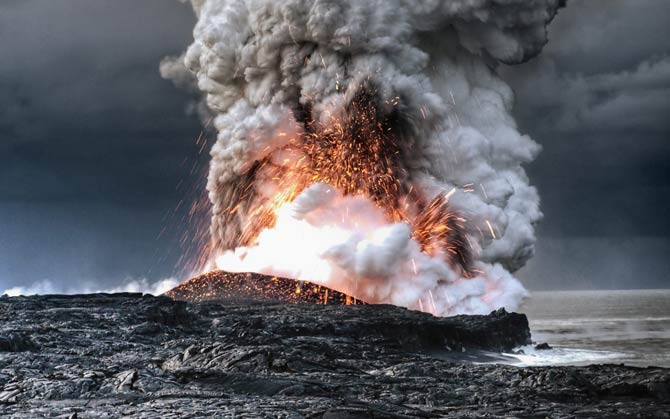
Volcanoes in the economy
Probably many people have heard about bentonite – a rock with enormous absorption properties, due to which it is widely used in industry. It is used in construction sites for sealing trenches and in refineries for the treatment of crude oil distillation products. It is also used in the textile and cosmetics industry. We also owe the volcanoes deposits of gold and silver – these metals also come from the ancient deposits of magma, which during the eruption got close to the surface, but did not have time to get out.
However, few people know that bentonite is a rock of volcanic origin. It was formed millions of years ago on the seabed. The erupting volcanoes threw large amounts of ash into the air, which fell to the seas. The ash accumulating at the bottom was compacted and agglomerated, creating the bentonite known today. Its deposits are also located in Europe, as part of Europe was once covered by the sea.
Volcanoes also bring other benefits that are less visible at first glance. Thanks to them, many quarries extract basalt or porphyry – rocks of volcanic origin.
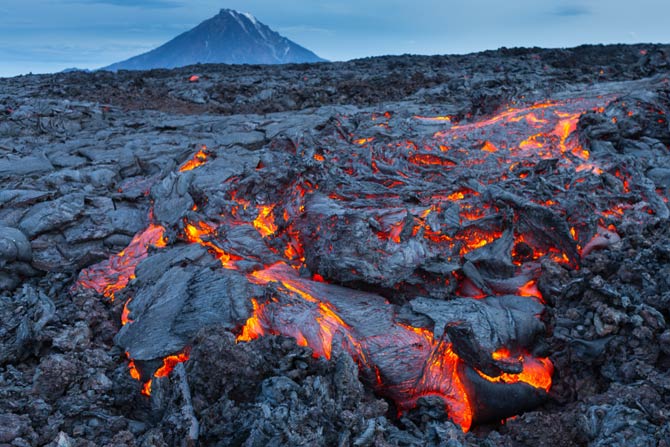
Volcanoes and agriculture
Probably everyone has heard about the “ring of fire”, an extremely seismically active region surrounding the entire Pacific. These areas, including, inter alia, Indonesia and Japan are known for two things. First of all, it is there that the largest number of active volcanoes are located. At the same time, it is also home to some of the best soils in the world – thanks to this, for example, the inhabitants of Java are able to harvest three rice crops per year.
Volcanic ash in the soil has a tremendous and beneficial effect on plants. Besides the aforementioned faster growth and development, there are more benefits of using it.
Volcanic ash has a fungicidal effect – the elements present in it are lethal to, among others, potato blight, mildew and mold. In contrast to organic fertilizers, there is no risk of over-fertilization of the soil; it also does not expire.
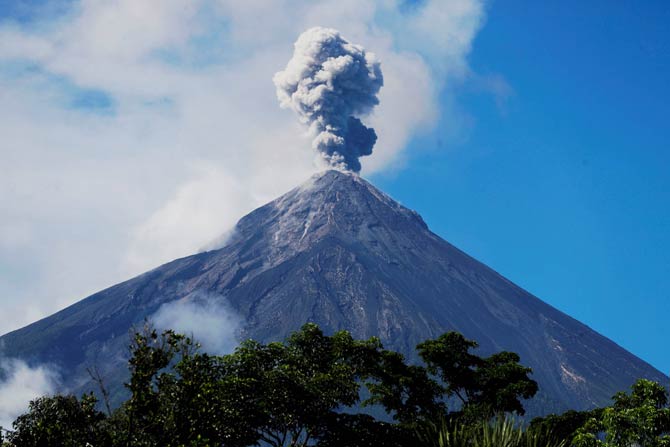
Volcanic rocks contain, as already mentioned, large amounts of various elements, including the so-called trace elements, which are very rare. Therefore, on volcanic rocks or areas where ash has fallen, all vegetation thrives. This makes such areas perfect for arable lands, orchards and vineyards. The latter is the pride of the inhabitants of the vicinity of Vesuvius. It is not uncommon that life in such areas develops more abundantly after an eruption than before it.
A valuable property of materials of volcanic origin is their enormous ability to absorb water. Even volcanic rocks are porous, which allows water to penetrate them easily. This allows plants to grow in areas that are dry most of the year, such as the eastern Canary Islands.
That is why volcanic ash is a product valued in the world today, willingly bought in countries where there are no active volcanoes today. This brings some countries a lot of profit. For example, on January 23, 1973, an eruption occurred on the Icelandic island of Heimaey. The town of Vestmannaeyjar located there was in danger of complete destruction – ash covered the houses with a layer reaching the roofs, and in addition, lava was approaching the buildings. They managed to stop it by pouring water. Just a few weeks later the ash was loaded onto ships and sold to farmers in other Scandinavian countries. The standard of living of the townspeople increased considerably.
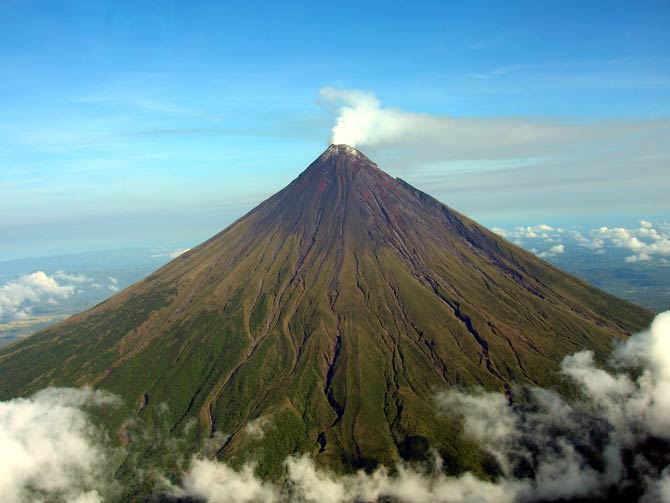
Volcanoes and cosmetics
For centuries, volcanoes have played a huge role in maintaining health and beauty. The minerals manganese, potassium, calcium and magnesium are part of volcanic ash and are essential for the development of skin, hair and nails. In turn, large amounts of sulfur, silicon, chlorine and sodium cleanse the skin, accelerate the elimination of toxins from its surface and improve its blood supply. It also eliminates lingering sebum.
The ancient Greeks, who used it in the production of skincare products, already knew about it. Today, dermatologists recommend remedies with volcanic dust to people with oily skin, prone to acne and discoloration.
Volcanoes are one of the most dangerous elements, the eruptions of which always bring huge losses. They are extremely dangerous, even for people living hundreds of kilometers from them. As you can see, however, they are also essential to life. It is fair to say that if there were no volcanic eruptions, human civilization would have developed much more slowly, or perhaps it would not even have come into existence. In many places around the world, our life would be much more difficult, if not impossible, without volcanoes.
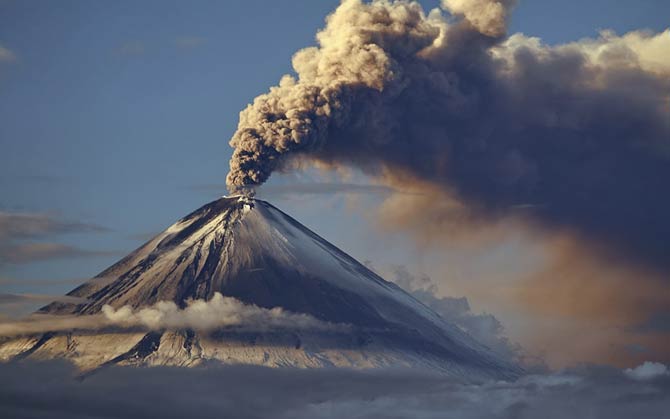
Volcanoes – interesting facts
- Recognized as the best dessert wine in the world, Tokaj Asku comes from vineyards growing in volcanic soil. It is believed that the unique aroma is provided by the microelements contained in rocks of volcanic origin.
- Egypt owes its existence to volcanoes. Every year, the Nile applies silt from the volcanic plateau of Ethiopia to the fields, thanks to which the soil gives rich crops.
- Volcanoes were one of the reasons for the success of primitive man. Our ancestors in their time found obsidian – a rock of volcanic origin. Weapons made of it had hardness not much less than that of iron, and much greater than that of other types of rock.
